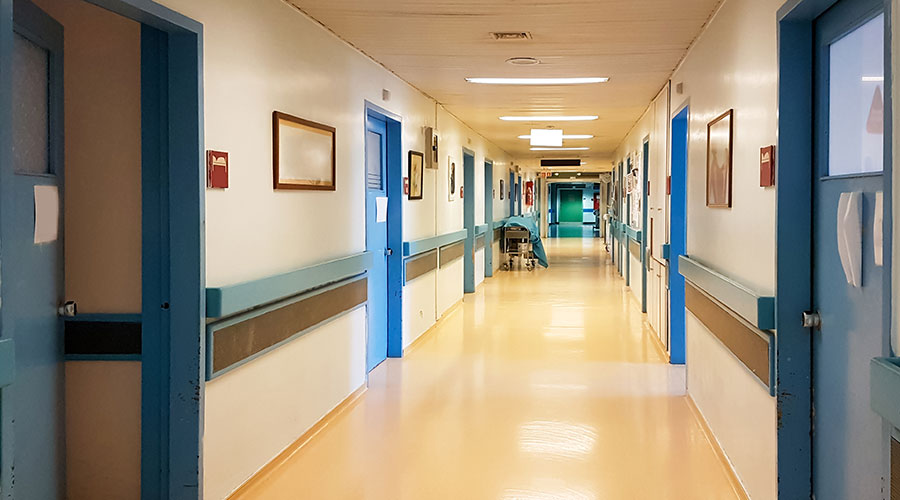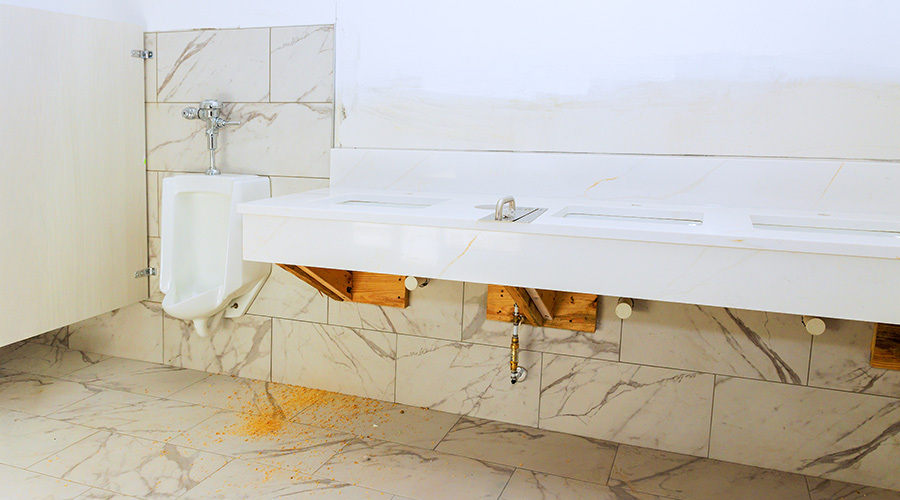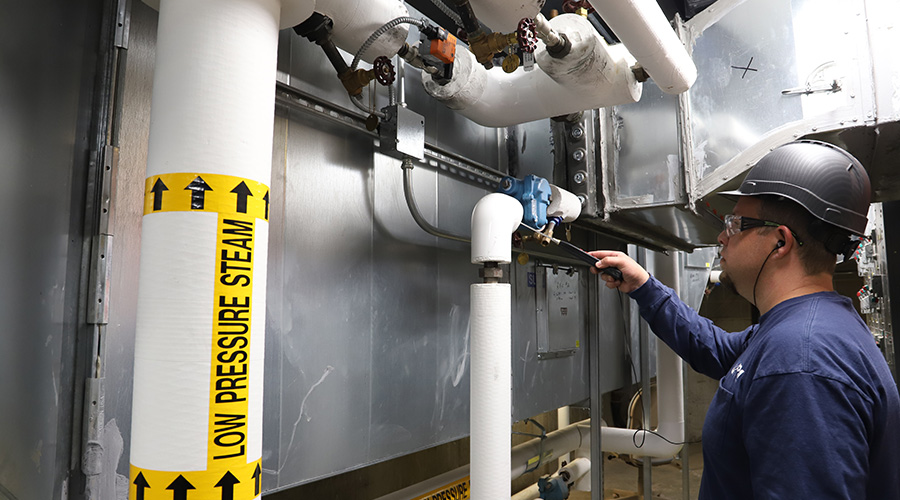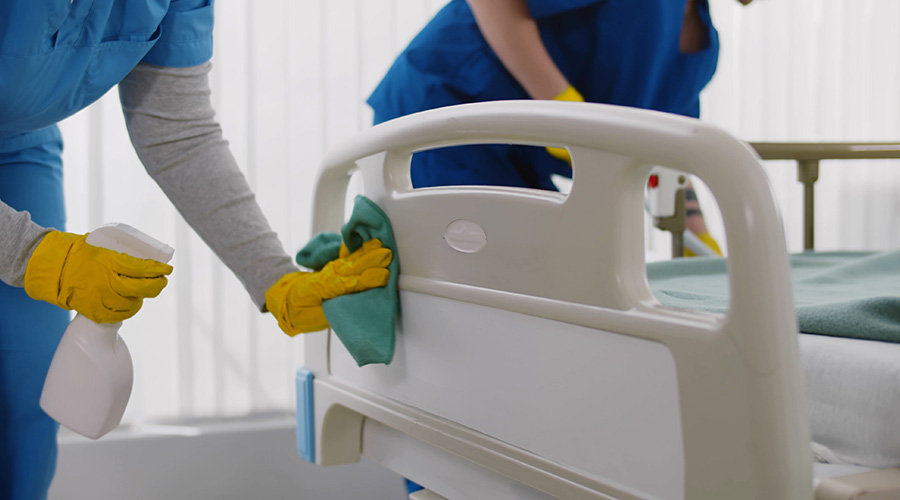Maintaining security and privacy are critical to running a healthcare facility, and fortunately, doors can help on both fronts. Certain door hardware can be used to secure areas within a healthcare facility, such as locks. Doors also provide a barrier between a patient and the rest of the facility, allowing for privacy. However, how doors provide both runs deeper than just that. In this manufacturer roundtable, Healthcare Facilities Today speaks with door manufacturers about how doors and their related hardware can help with security and privacy.
How do doors and their hardware help with security/privacy in healthcare facilities?
“Power transfer, electric strike and maglock systems can be designed to engage automatically in case of a security breach. The same systems can help with privacy, as locks can be engaged automatically in areas of the facility where privacy is important and only authorized personnel can enter.”
— Kevin Mayer, commercial director, PurOptima
“Hospital design requires precise control over who can access certain areas. Automatic doors can be integrated with access control systems to prevent unauthorized entry into restricted areas. Hardware such as card readers, one way traffic, day and night mode are a few options to prevent unauthorized access. Automatic doors offer the flexibility to establish controlled access points within the facility, ensuring that only authorized personnel can enter certain areas, such as laboratories or operating rooms.”
— Ashley Estrada, product manager, Horton Automatics
“There are many levels of security/privacy needed in a healthcare environment. For areas such as exam rooms, changing rooms or restrooms, privacy is often the overriding concern and is achieved through items such as privacy locks with occupancy indicators. These devices would also typically feature an emergency override so providers can access the room if a patient becomes incapacitated. Though not strictly considered “hardware,” automatic door bottoms are a door device that is essential to providing acoustic privacy.
In many areas of inpatient healthcare, there are security concerns that would demand mechanical locking solutions or access control integration or perhaps both. From a hardware perspective this means incorporating mortise locks with sophisticated key system options or electric strikes, magnetic locks or electronic locks that allow for the presentation or credentials, codes or biometric data for access. Automatic closing devices are frequently necessary for areas such as medication rooms, pharmacies, NICU or other rooms.”
— Tysen Gannon, business development and marketing consultant, AD Systems
“Doors and their associated hardware play a critical role in maintaining security and privacy in healthcare settings. Some examples of this include:
- Electronic locks, or access control systems, can be programmed with access codes, keycards or biometric identifiers, limiting access to authorized personnel only. Access history is logged as well. This technology increases security in healthcare facilities. These locks are often fitted to standard manual doors and automatic doors.
- Maglocks (electromagnetic locks) and electric strikes are commonly used with access control systems to secure doors. Both kinds of door accessories bolster the security of a door system by providing increased protection against forced entry.
- Alarm and alert systems can be fitted to doors and can provide instant notifications of unauthorized access or attempts to breach security. Door alarms deter intruders and ensure prompt response to security incidents.
- Privacy hardware includes items such as frosted glass, “smart” glass, privacy blinds and soundproofing materials. These can be incorporated into rooms and doors alike to protect patient privacy.
- Much of the technology above can be integrated with the overall security system of the facility allowing comprehensive management of threats to both privacy and security within healthcare settings.
Many of the features and technology above can be optioned to fit on automatic doors, making them extremely useful in high traffic healthcare environments.”
— Brian Ha, product manager, STANLEY Access Technologies
Jeff Wardon, Jr. is the assistant editor for the facilities market.

 Biofilm 'Life Raft' Changes C. Auris Risk
Biofilm 'Life Raft' Changes C. Auris Risk How Healthcare Restrooms Are Rethinking Water Efficiency
How Healthcare Restrooms Are Rethinking Water Efficiency Northwell Health Finds Energy Savings in Steam Systems
Northwell Health Finds Energy Savings in Steam Systems The Difference Between Cleaning, Sanitizing and Disinfecting
The Difference Between Cleaning, Sanitizing and Disinfecting Jupiter Medical Center Falls Victim to Third-Party Data Breach
Jupiter Medical Center Falls Victim to Third-Party Data Breach